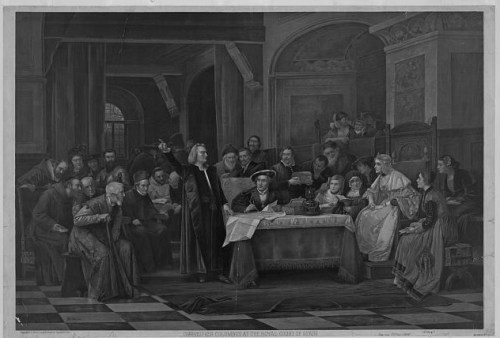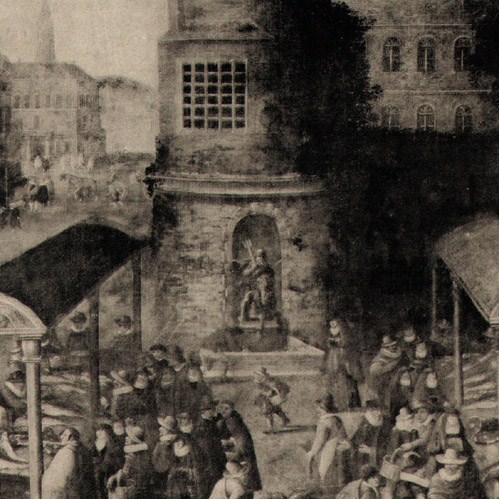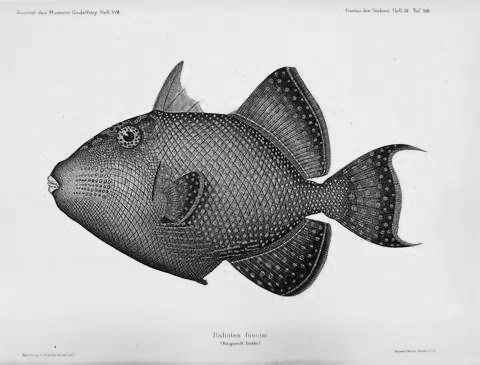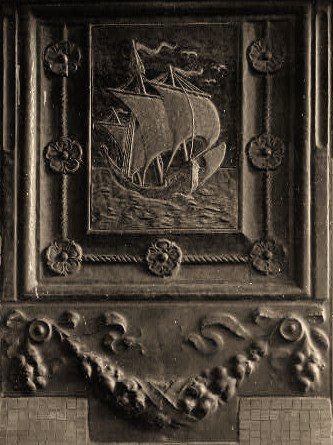Christopher Columbus lived in a time when his society held values that most people today would not recognize nor appreciate either the reasons or the practises that they engendered if they did. Many within living memory know of the fish on Friday rule that was once obeyed with the stricture of a commandment by the faithful. It has passed into disuse thanks to the unwillingness of the formerly faithful and the ambivalence of those who were formerly responsible for the promulgation of the rules that the faithful submitted themselves to as a discipline of faith. In order that the reader may understand what the world of Columbus was like we have excerpted the following explanation of fasting and abstinence that was pretty well in effect from 62 AD until 1962 AD.
Abstinence signifies abstaining from food and the Bible narrative points to the first instance wherein such a course of conduct was imposed by law (Genesis 2:16-17). The obvious purpose of this mandate was to lead the human race to recognize the necessary dependence of creature upon Creator. The transgression of this law marked an increase in the debt which the creature owed the Creator so Adam’s disobedience rendered all men liable to the necessity of appeasing God’s justice. To meet this new exigency positive legislation determined the ways and means whereby this natural obligation would best be satisfied and the results are positive statutes concerning fasting and abstinence. Laws relating to fasting are principally intended to define what pertains to the quantity of food allowed on days of fasting, while those regulating abstinence refer to the types of food allowed. In some instances both obligations coincide; thus, the Fridays of Lent are days of fasting and abstinence while in other instances the law of abstinence alone binds the faithful; thus ordinary Fridays are simply days of abstinence.
From the dawn of Christianity, Friday has been signalized as an abstinence day, in order to do homage to the memory of Christ suffering and dying on that day of the week. Clement of Alexandria (Stromata VI.75), and Tertullian (On Fasting 14) make explicit mention of this practice. Pope Nicholas I (858-867) declares that abstinence from flesh meat is enjoined on Fridays. There is every reason to conjecture that Innocent III (1198-1216) had the existence of this law in mind when he said that this obligation is suppressed as often as Christmas Day falls on Friday (De observ. jejunii, ult. cap. Ap. Layman, Theologia Moralis, I, iv, tract. viii, ii). Moreover, the way in which the custom of abstaining on Saturday originated in the Roman Church is a striking evidence of the early institution of Friday as an abstinence day.
As early as the time of Tertullian, some churches occasionally prolonged the Friday abstinence and fast so as to embrace Saturday. Such prolongations were quite common at the end of the third century. The Council of Elvira (can. xxvi, ap. Hefele, op. cit., I, 147) enjoins the observance of one such fast and abstinence every month, except during July and August. Moreover, Gregory VII (1073-85) speaks in no uncertain terms of the obligation to abstain on Saturdays, when he declares that all Christians are bound to abstain from flesh meat on Saturday as often as no major solemnity (e.g. Christmas) occurs on Saturday, or no infirmity serves to cancel the obligation.
What gave Christopher Columbus the confidence in 1492 to set out across the Atlantic Ocean? What persuaded the king and queen of Spain to commission the voyage? It would be convenient to believe that Columbus and his men were uniquely courageous. A more reasonable explanation, however, is that Columbus was heir to a body of knowledge about seas and ships acquired at great cost over many centuries.
Fish on Friday tells a new story of the discovery of America. In Brian Fagan’s view, that discovery is the product of the long sweep of history: the spread of Christianity and the cultural changes it brought to Europe, the interaction of economic necessity with a changing climate, and generations of unknown fishermen who explored the North Atlantic in the centuries before Columbus.
The Church’s tradition of not eating meats on holy days created a vast market for fish that could not be fully satisfied by fish farms, better boats, or new preservation techniques. Then, when climate change in the thirteenth and fourteenth centuries diminished fish stocks off Norway and Iceland, fishermen were forced to range ever farther to the west-eventually discovering incredibly rich shoals within sight of the Nova Scotia coast. In Ireland in 1490, Columbus could well have heard about this unknown land. The rest is history.








